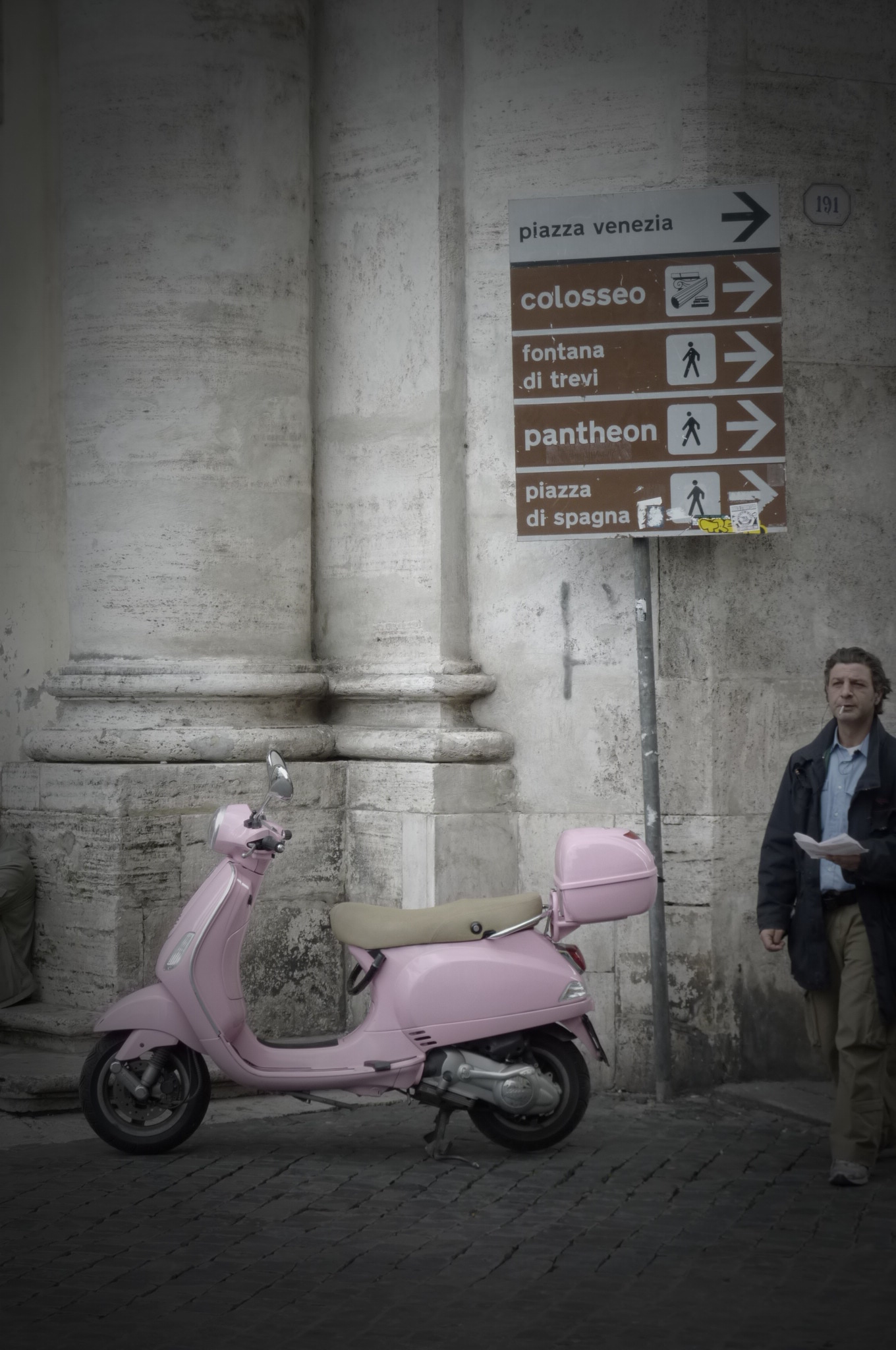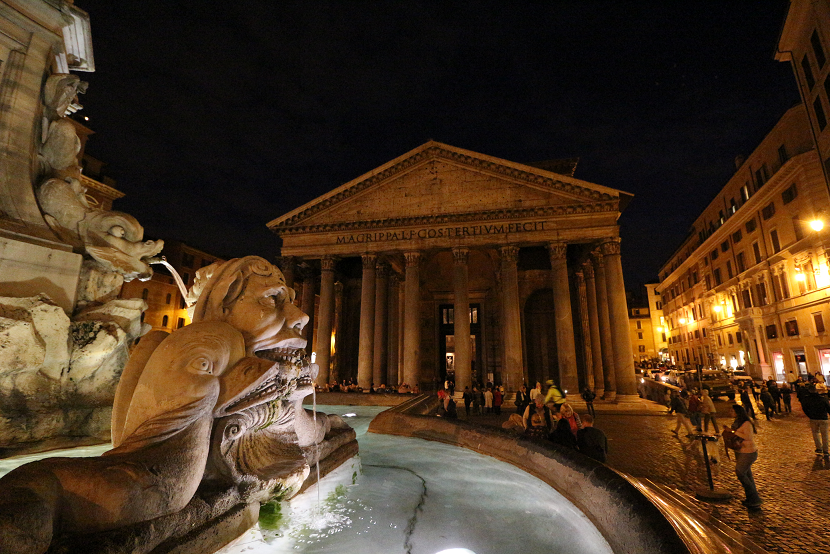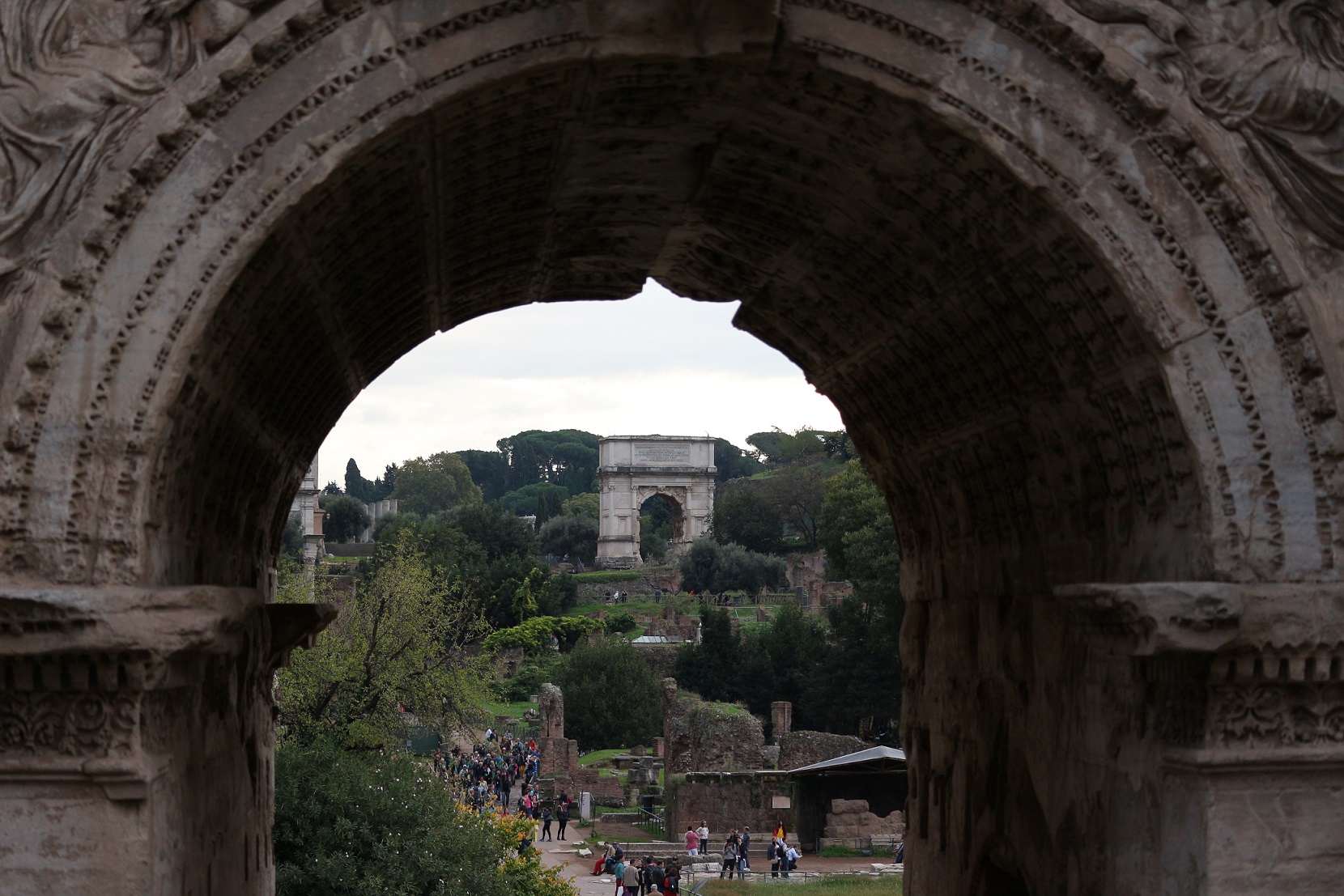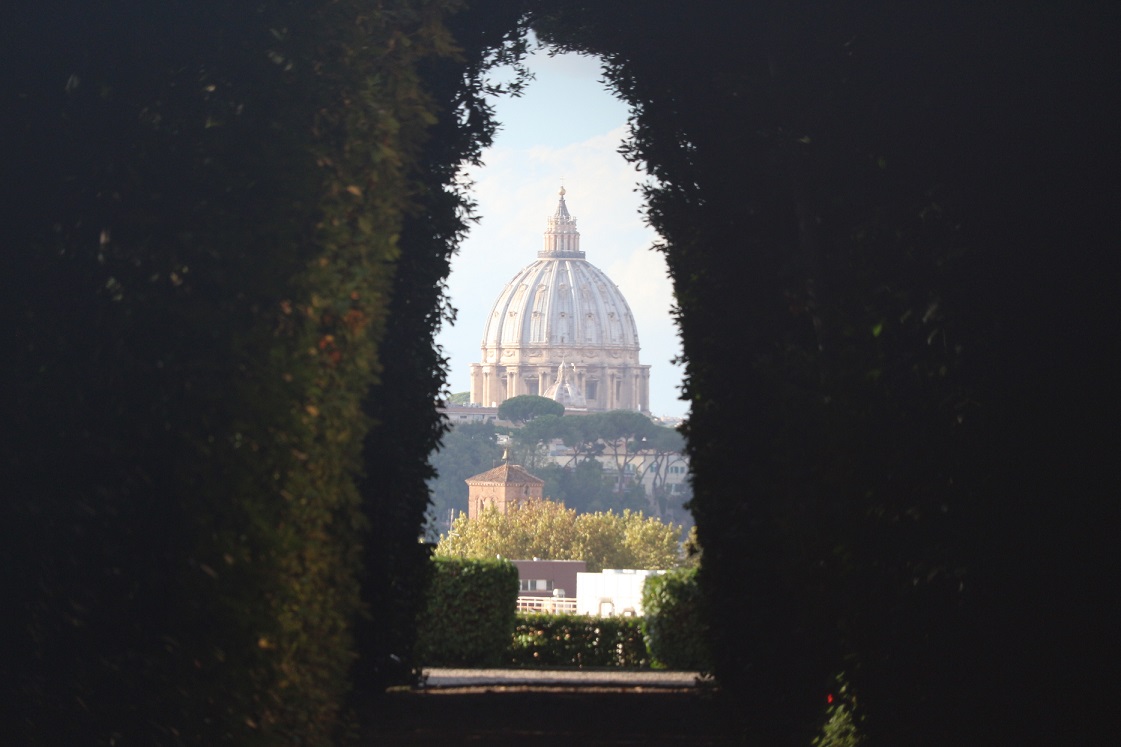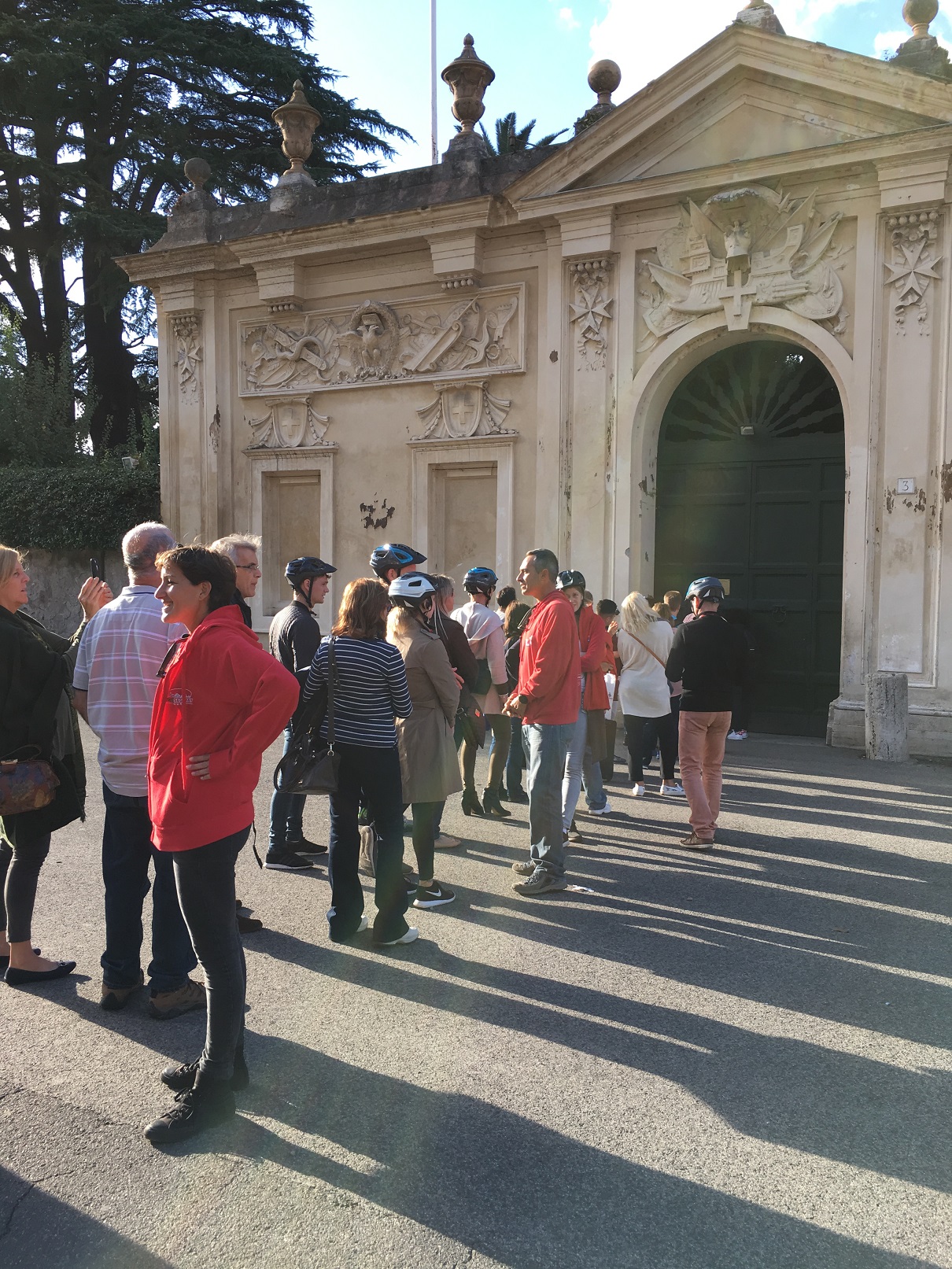There are times when my body craves beauty. It’s a slowly spreading itch, which I can sometimes cure by being out in nature, or sitting down with a great book, musical piece or other form of art. But 2016 was a tough year, and I needed a full immersion to detox from the traces of ugliness that stubbornly clung to me.
Luckily, I knew the perfect place to do this. Where better for relentless beauty than Rome?
The best way to visit this city is in its name – roaming aimlessly through its cobbled streets and piazzas, whilst making sure to turn each slightest resemblance of a hunger pang into a food break in one of its countless eateries. Although there are plenty of museums that can be visited, there really is no need. The city is one big open air exhibit, which will reward you at every turn.
There are lots of beautiful cities worldwide, but the amazing thing about Rome is that this beauty has been built over millennia, starting with the ancient Romans and extending up to the present day.
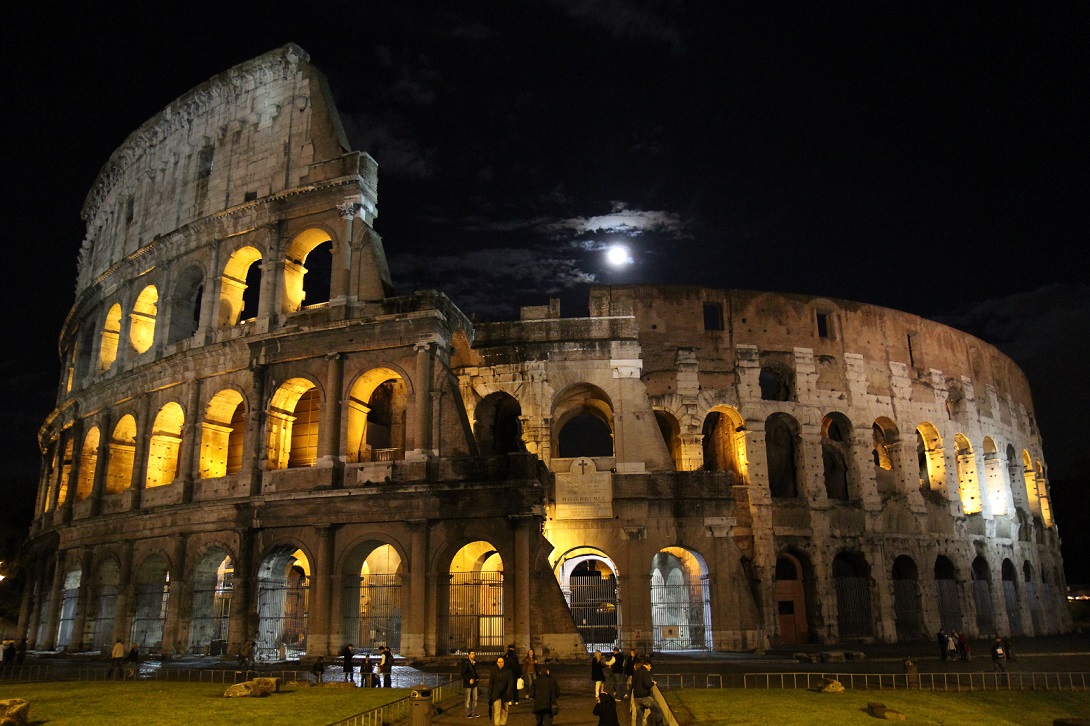
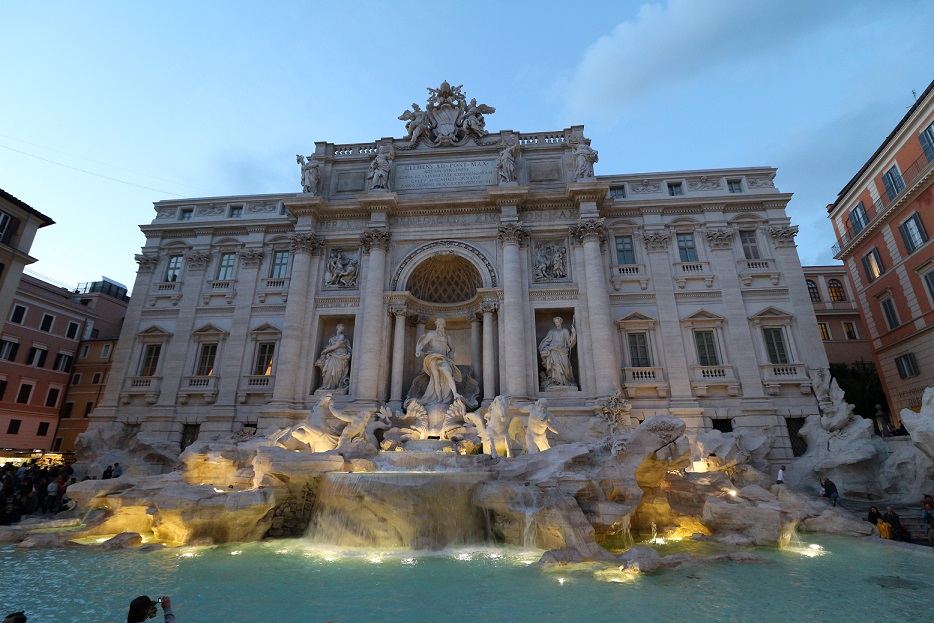
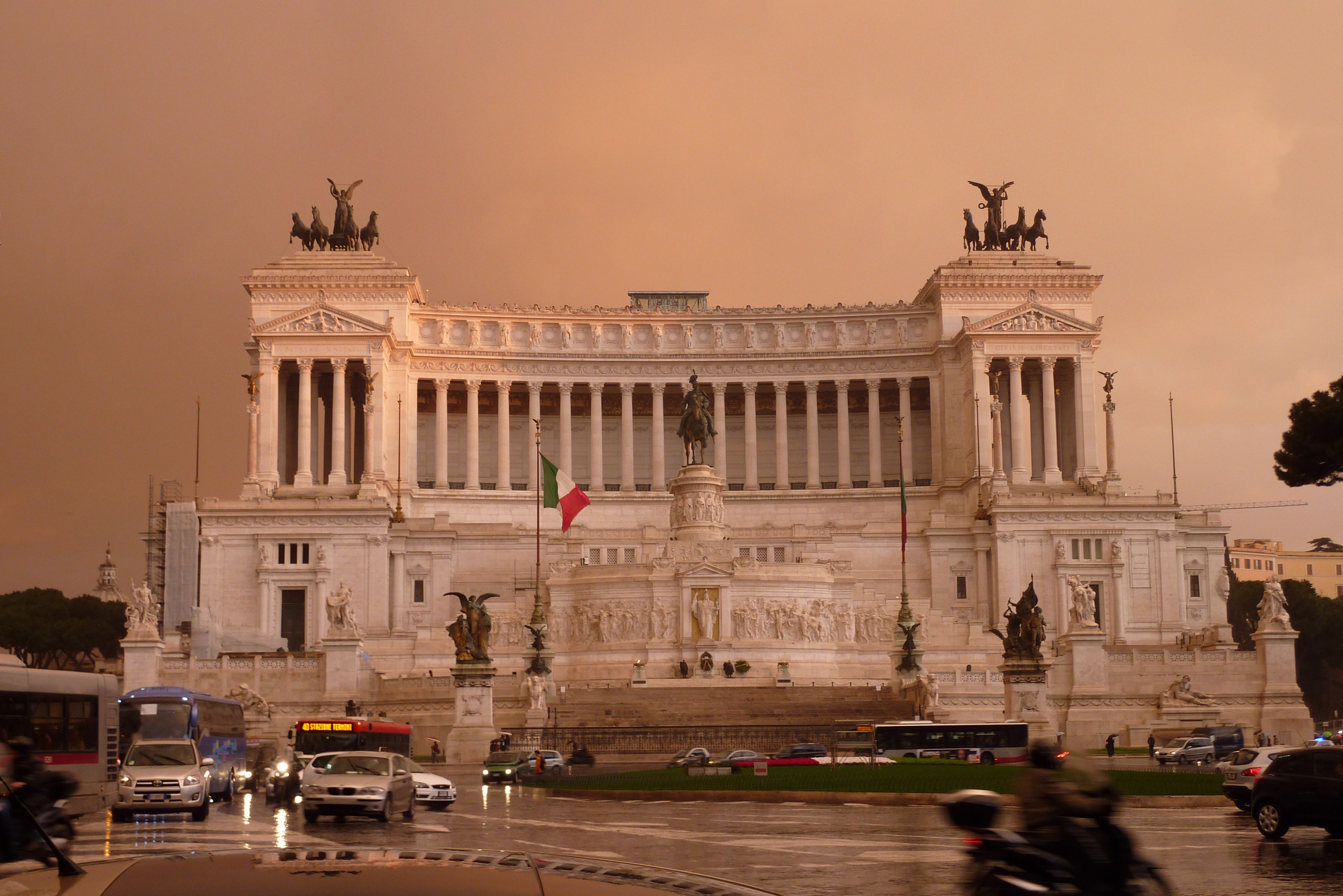
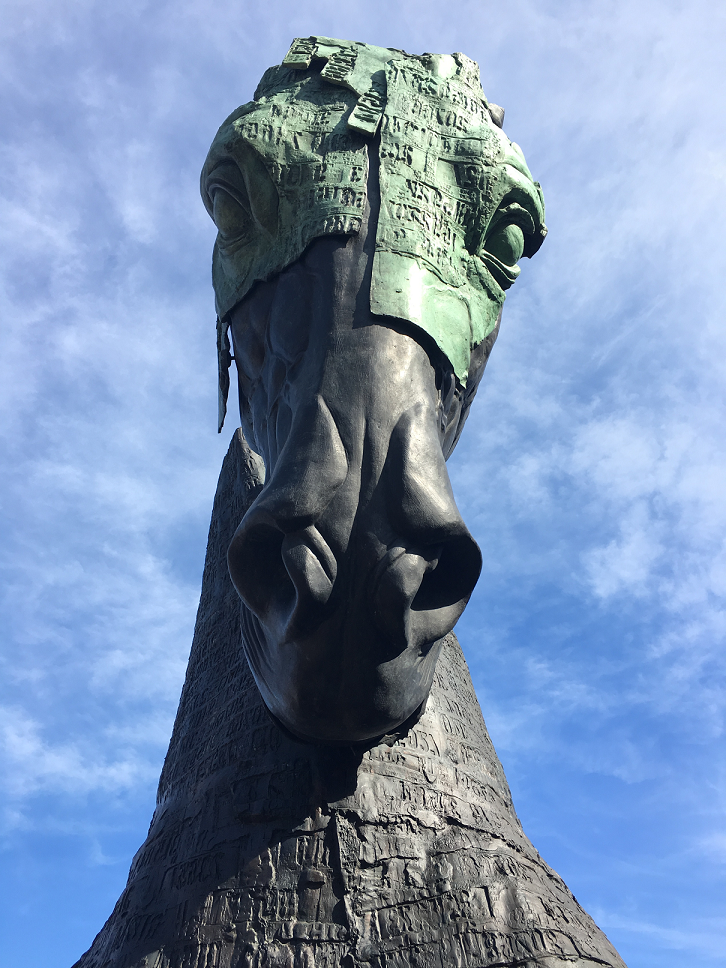
These are just a few examples from the myriad present. So how did the Romans manage to build structures that lasted millennia? A lot of effort has gone into protecting these monuments, however the secret lies in the concrete used by the ancient Romans. Although about ten times weaker than modern concrete, it is much better at withstanding chemical damage. Made with volcanic bricks called tuff, volcanic ash and lime – conservators think that the ash’s unique mixture of minerals helps it to counter chemical damage. Reactions within the mixture also create microscopic traps for chemicals like sulfates and chlorides, that typically cause modern concrete to deteriorate.
It’s not just the concrete that has contributed to Rome’s legacy. The Romans were also the first civilization to incorporate arches within their building designs. Arches allow weight to be distributed over various supports, leading to stronger buildings that resist collapse.
At times it feels like the city is just showing off. Would you believe that this is the view through a door’s minuscule keyhole?
Full disclosure – this isn’t just any old keyhole. It’s a quite famous one, within the doorway to the Knights of Malta’s headquarters, on Aventine hill. This shot may also be one of the only places in the world where you can see three sovereign states in one go; the Vatican, the Sovereign Military Order of Malta, and Italy itself. When I visited, people were lining up for a peep through it.
It turns out that I’m not the only one who needed some beauty. And it’s not surprising – 2016 brought countless terror attacks, increasing brutality in the Syrian war, Brexit, the election of Donald Trump… and it goes on. It was a year filled with ugliness. And it is in these sad times, that Rome shines brighter – as a constant and necessary reminder that humans are also capable of endless beauty.
